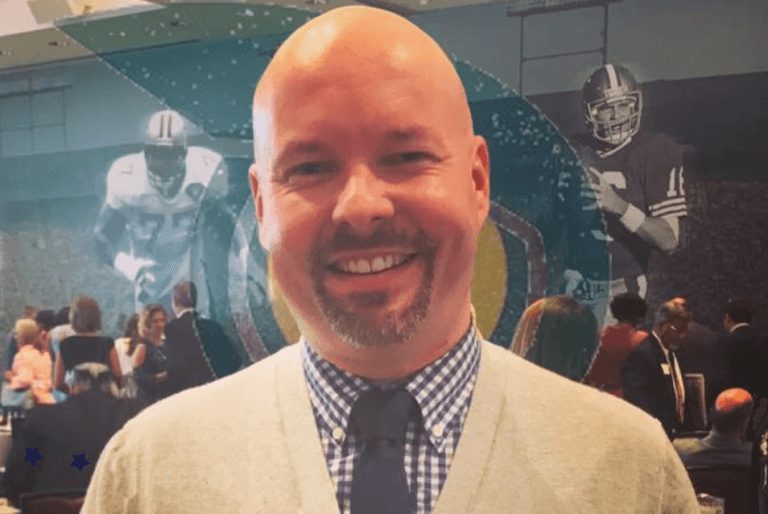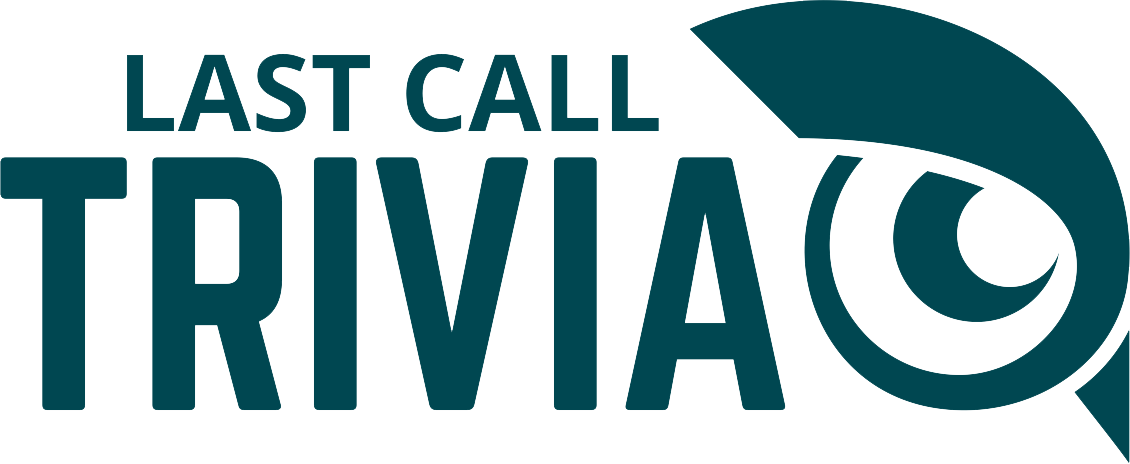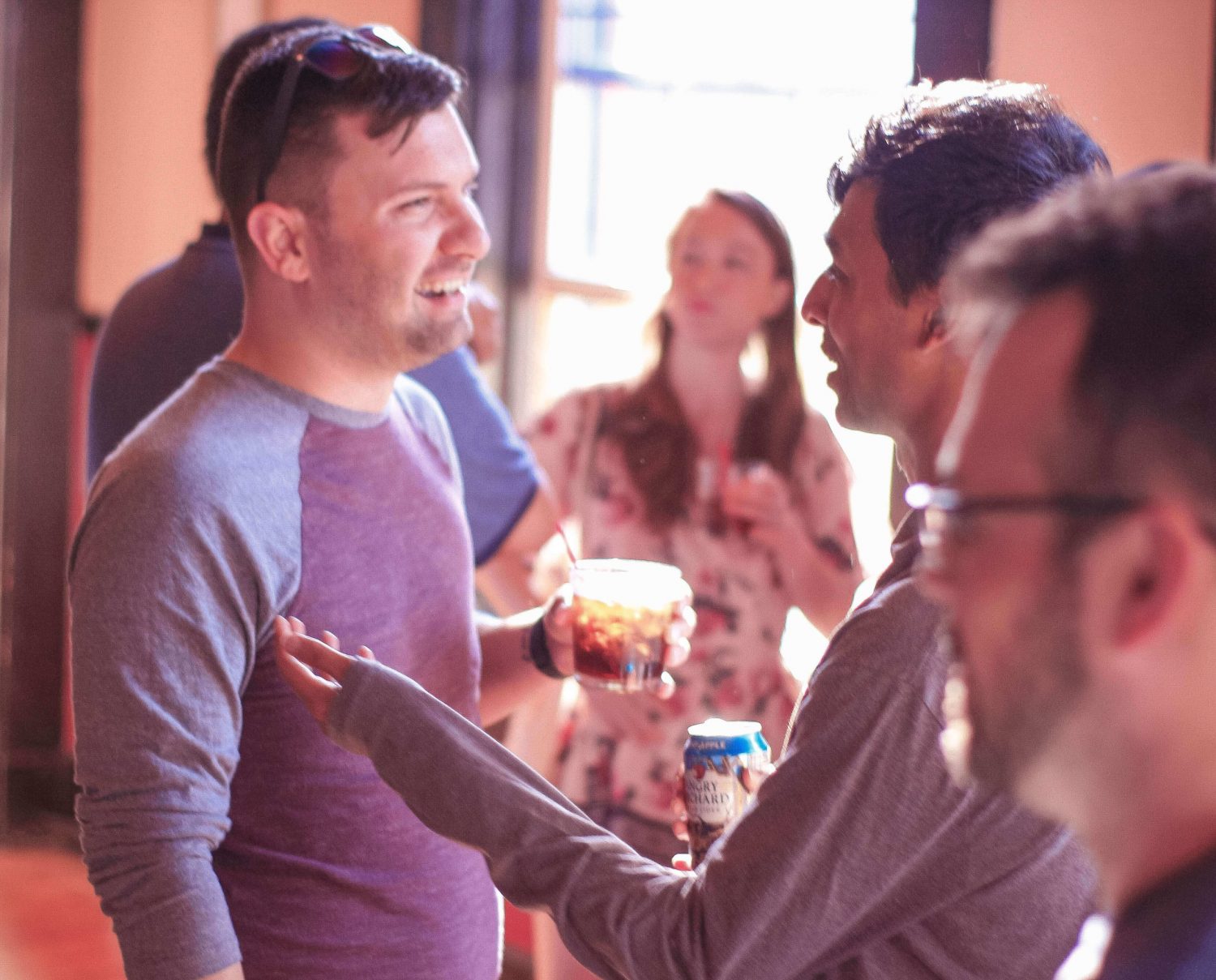
I was a quick study as a kid, especially when it came to places, numbers, words, and facts. I could memorize maps and directions, spout historical dates and events, pick up bits and pieces of languages and accents, and quote dialog from TV and movies with startling accuracy. I loved to learn, and I was absolutely one of those kids that other kids talked about in disbelief that would rather spend the day inside reading books or coming up with creative projects that stimulated my brain than toss a football or run around the neighborhood.
Now that I write publicly and my craft contributes to my livelihood, I can look back with a certain level of whimsy and acknowledge it as a strength. But my excitement for knowledge often isolated me from other people my own age – and while adults covet conversations about books and films and music over coffee and cocktails, not many of my junior high school classmates wanted to dive into the finer details of the interesting stuff I learned from a science documentary on PBS.
Even more frustrating than the way it impacted me socially was the fact that knowing things doesn’t always make you able to apply it. I could remember numbers with precision, but actually working with them in a mathematical equation often got me stuck. I could recite the names of nearly every prehistoric animal ever discovered, but I barely passed my entry-level paleontology class in college because I found some of the scientific rules and concepts really hard to identify. I’ve learned (and have accepted) that I’m not a very linear thinker or problem-solver.
But I still crave input and I still grow restless when I don’t know how something works, or what a word means, or when I don’t know the history or culture of a place I visit. And arming yourself with a better understanding of the world around you – even if you’re not carbon dating fossils, or discovering new chemical compounds, or curing diseases – is still important, exciting, and has benefits.
So, when I got the opportunity to work with Last Call Trivia last fall, it was kismet – a community of people who find collegiality and fulfillment by sharing knowledge and stimulating their brains sounded exactly like the demographic for which I was destined to create content. It was really satisfying to know that there’s a place where I could contribute to the nurture of knowledge and the celebration of its acquisition.
And it’s not just the feeling associated with it that creates meaning for trivia lovers – there’s science behind it, too. Especially when there’s a level of obscurity or rarity in what we’re learning.
“You get a rush or a ‘neuro-reward’ signal, or a dopamine burst from winning,” John Kounios, Ph.D., professor of psychology and director of the doctoral program in applied cognitive and brain sciences at Drexel University in Pennsylvania, told the website Healthline. “I think whenever you’re challenged with a trivia question and you happen to know it, you get a rush. It’s sort of like gambling.”
Employers are also seeing the benefits of trivia and its impact on productivity through something called ‘transformational play,’ a concept coined by corporate trainer Gene Jones. In an article on the website Training Industry, Jones identifies a comprehensive list of positive outcomes that mirror some of the same ideas that engage us among a group of people at a local trivia night, including: inspiring innovation and facilitating creative ideation, expedite problem solving, promoting team building and corporate culture development, enhancing the development of leadership skills, increasing productivity performance and growth, reinforcing knowledge and clarifying concept, and fostering conversation and communication.
My thirst for learning has definitely made me a better leader at work, and it’s helped me to be a better advocate for myself as I’ve found new opportunities professionally and personally. My knowledge base has allowed me to sell myself as a versatile and well-rounded learner, and I’d go as far as to say it’s made me a generally more interesting person to hang out with.
So, trivia lovers – embrace your brain sponges! Take advantage of the time you get to spend with others who share in your pursuit of factoids and figures. Chances are it’s giving you leverage and helping you make sense of the world in ways you don’t even realize.
Follow Grant – @GrantInCbus – on Twitter for more of his charming disposition and also his extensive musical knowledge.

